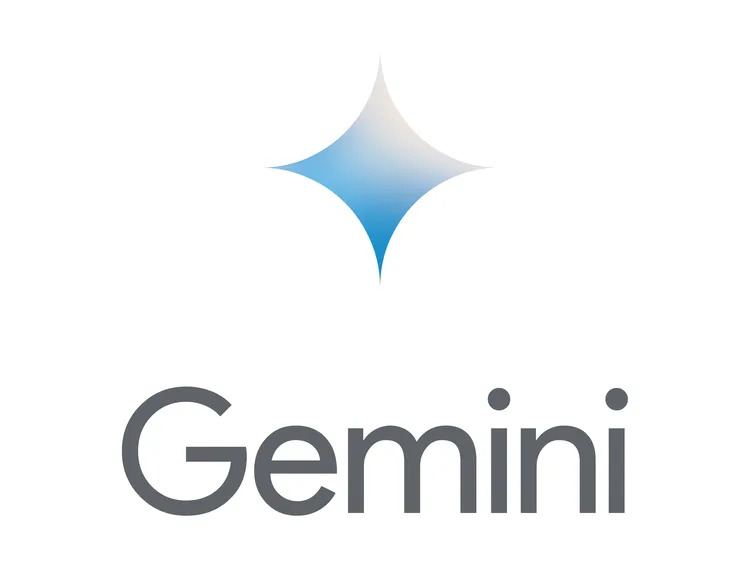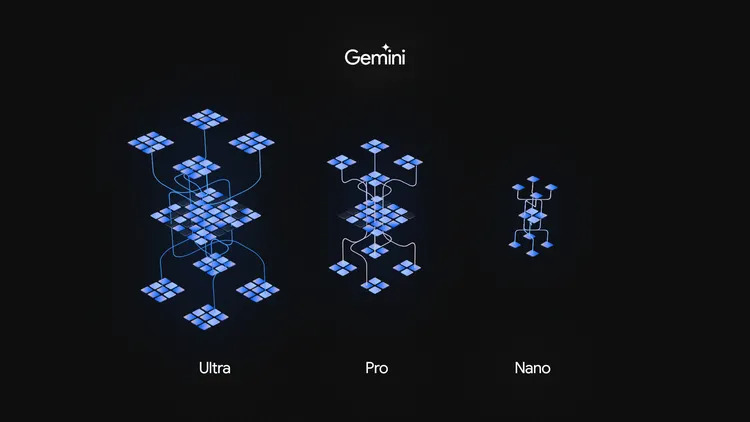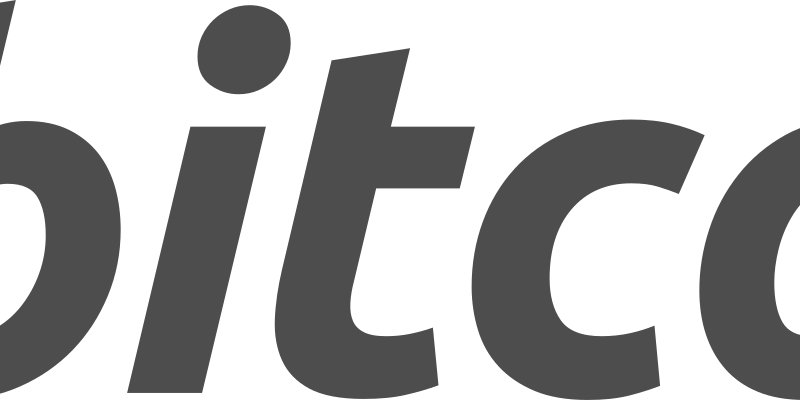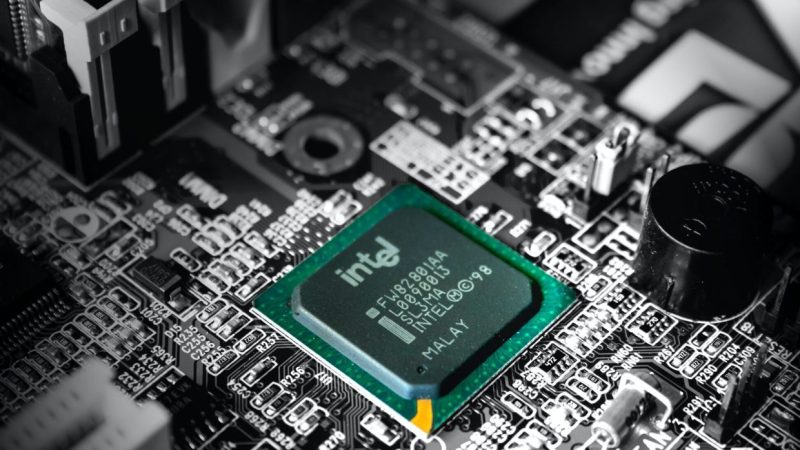Google’s AI Revolution: Introducing Gemini to Rival GPT-4

Google has been at the forefront of AI technology for nearly a decade, and now, after ChatGPT ushered in the AI era, the company is taking a major step forward with the launch of its latest innovation: Gemini.
Nano, Pro, and Ultra
Google CEO Sundar Pichai announced the beginning of the Gemini era, emphasizing the profound impact it will have on the company’s products. Gemini encompasses three distinct versions: Gemini Nano, a lightweight model for native and offline use on Android devices, Gemini Pro, a more robust version for powering Google AI services, and Gemini Ultra, a highly advanced model primarily designed for data centers and enterprise applications.

The model is currently being rolled out in various ways, including the integration of Gemini Pro into Bard and the introduction of new features for Pixel 8 Pro users thanks to Gemini Nano. Further, developers and enterprise customers will gain access to Gemini Pro through Google Generative AI Studio or Vertex AI in Google Cloud, starting on December 13th. While Gemini is currently only available in English, Google plans to integrate it into a wide array of its products globally in the near future.
Also Read: Chat GPT-4 vs. Its Predecessor: What You Need to Know
In comparison to OpenAI’s GPT-4, Google’s Gemini boasts advantages in numerous benchmarks, particularly in areas related to understanding and interacting with video and audio content. Additionally, Gemini’s versatility extends to processing images, video, and audio and is poised to further expand its capabilities to incorporate other sensory inputs.
Despite the promising benchmarks, the true test of Gemini’s potential will come from everyday users who will benefit from its diverse functionalities, such as idea generation, information lookup, and coding. Moreover, Google has emphasized Gemini’s efficiency, noting its superiority in terms of speed, cost-effectiveness, and reliability in comparison to its predecessors.
With the launch of Gemini, Google asserts its position as an AI innovator, aiming to reclaim and solidify its standing in the AI landscape. While the company prioritizes ambitious advancements in AI, it is also committed to ensuring the safety and responsibility of its AI systems, with a focus on thorough testing for potential vulnerabilities.
As Google embarks on this new phase of AI technology, Pichai and Hassabis signal that this is just the beginning of what they envision as a transformative era. They maintain a cautious yet optimistic approach as they push the boundaries of AI, recognizing the profound potential and the need for responsible development and deployment.
Ultimately, Google views Gemini as a monumental development that could potentially surpass the impact of the internet, positioning the company at the forefront of the AI landscape.






